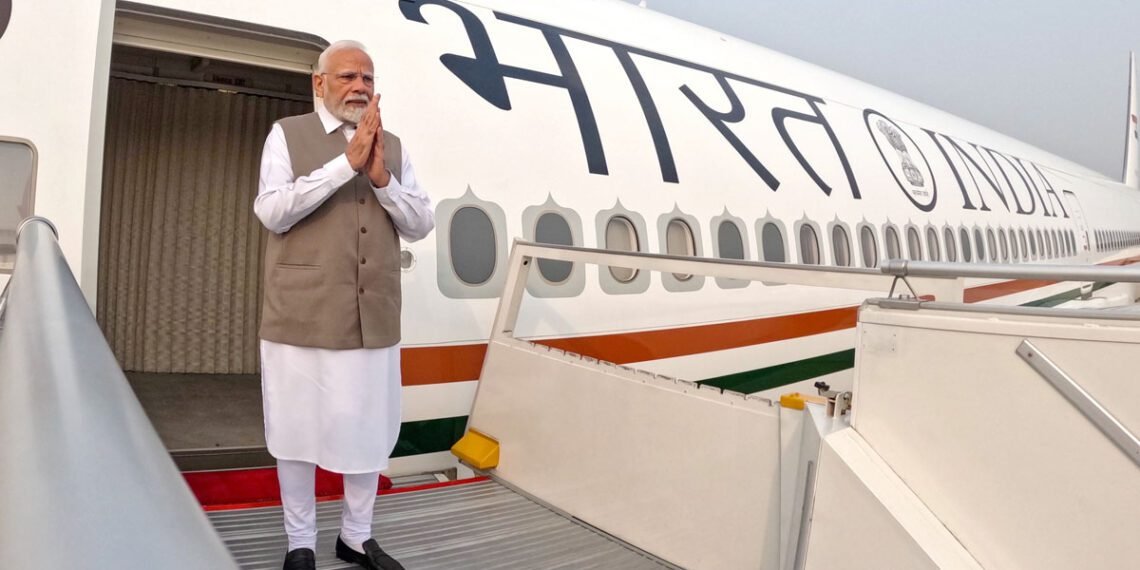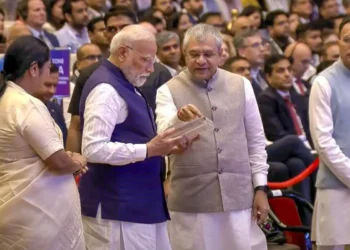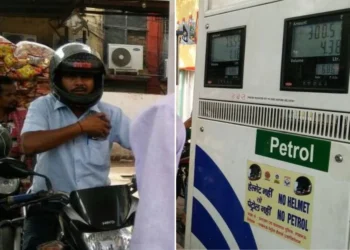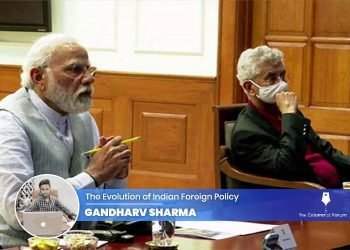New Delhi, August 23:
On August 23, Prime Minister Narendra Modi plans major diplomatic trips later this month. He’s heading to Japan first for an India-Japan summit on August 29. Then he’ll go straight to China for the SCO summit running from August 31 through September 1. These moves show how India’s foreign policy is pushing to stay involved regionally and globally right now.
The Japan visit aims to boost what’s already a strong partnership between both countries. They’ve been working together more over the last ten years across technology projects, defense cooperation, and infrastructure development.
The talks will probably cover a few main areas. First, infrastructure projects come to mind because Japan has been backing big projects like the Mumbai-Ahmedabad bullet train plus city transport systems.
Clean energy is another hot topic. Renewable sources, green hydrogen, and digital technology will likely get airtime during meetings about climate action while keeping economies growing sustainably.
Defense cooperation also matters, especially with tensions in the Indo-Pacific region. Discussions may include joint military drills, cybersecurity issues, and maritime patrols to maintain regional stability.
Trade and supply chain partnerships won’t be ignored either, as both sides aim to strengthen high-tech manufacturing and innovation-driven growth.
Overall, Modi’s trips seem focused on locking down partnerships that help India stay relevant economically, strategically, and environmentally. Steady progress on existing plans is expected rather than groundbreaking announcements.
India-Japan Summit: Focus on Trade, Energy, and Defense Cooperation
Concrete outcomes from the India-Japan summit could include:
Expanding infrastructure collaboration like bullet trains and smart city projects
Boosting renewable energy cooperation and green technology partnerships
Strengthening defense ties and regional security measures
Enhancing trade relations and high-tech manufacturing opportunities
Analysts say these agreements are key indicators of India’s strategy to secure regional influence while deepening cooperation with democratic allies.
China Visit and SCO Summit: Regional Security and Economic Diplomacy
After Japan, Modi heads to China for the SCO summit starting August 31. The Shanghai Cooperation Organization includes China, Russia, Central Asian countries, and India. The focus will likely be on regional security, counter-terrorism cooperation, and energy projects.
Key topics may include:
Coordinating joint intelligence sharing against terrorism
Discussing energy security and sustainable infrastructure
Promoting regional stability while addressing China-India border sensitivities
Experts note that these trips allow India to engage diplomatically with both friends and rivals, balancing partnerships with democracies while keeping communication lines open with neighboring countries.
Timing is critical. Visiting Japan first emphasizes India’s commitment to Indo-Pacific democracies, then pivoting to China demonstrates practical engagement despite past clashes along the Ladakh border.
Strategic Goals and Expected Outcomes
Foreign policy analysts believe these dual visits have clear objectives:
Showcasing India’s leadership in regional security
Strengthening trade, technology, and investment ties
Maintaining dialogue with China without compromising national interests
Asserting India’s influence in multilateral platforms like SCO
Diplomatic teams are preparing agendas covering bilateral and multilateral issues, while trade delegations aim to push economic and cultural partnerships. Media attention is expected on deals involving infrastructure, tech partnerships, and clean energy.
Modi’s Japan-China swing reflects India’s active diplomacy, deepening cooperation with Tokyo and addressing security and strategic matters in Beijing. Outcomes from these summits could shape Asia’s geopolitical and economic direction in the years to come.












